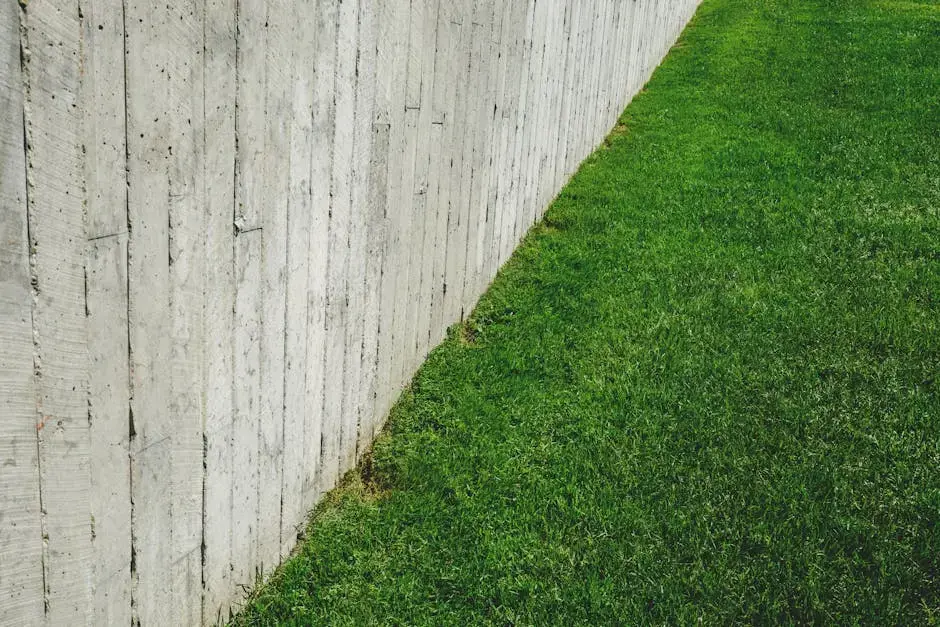Choosing the right grass seed can be the difference between a lush, green lawn and a landscaping nightmare. With so many options and factors to consider, it's easy to make mistakes. Whether you're a first-time homeowner or a seasoned gardener, avoiding these common pitfalls will help ensure your grass grows healthy and strong.

1. Ignoring Climate Compatibility
One of the pivotal factors to consider when selecting grass seed is the climate of your region. Different grass types thrive under specific conditions. Cool-season grasses, such as fescue and bluegrass, flourish in cold weather areas, whereas warm-season grasses like Bermuda and Zoysia perform best in hotter climates. Failing to match the grass type with your region's climate can result in a lawn that's more brown than green. Before you buy, research which grass varieties are best suited for your area's weather patterns.
2. Overlooking Soil Health
Soil health plays a crucial role in the success of your lawn. It's not just about choosing the right grass seed; if your soil isn't up to par, even the best seeds will struggle to prosper. Conducting a soil test before planting can reveal valuable information about its pH level, nutrients, and texture. This insight can guide you in amending your soil to create the ideal foundation for your new grass. Ignoring soil health is akin to building a house on shaky ground – it undermines the potential for robust growth.
3. Choosing Based on Price Alone
While it's tempting to save money upfront by opting for cheaper grass seed, this decision might cost you more in the long run. Inexpensive seeds often have a lower germination rate and may contaminate your lawn with weeds and undesirable grass varieties. Investing in high-quality seed means better establishment and long-term savings, as your lawn will be healthier and require less maintenance. Remember, the cost of the seed is only one factor in your lawn's overall budget.
4. Neglecting to Consider Sun and Shade Requirements
The amount of sunlight your lawn receives is another critical consideration when choosing grass seed. Some grasses need full sun to thrive, while others prefer shade. Misjudging the sunlight requirements can lead to a spotty, unhealthy lawn. Assess the sun exposure of your yard throughout the day to determine the most suitable grass type. Blends that include a mix of sun-loving and shade-tolerant seeds might be the answer for areas with variable light conditions.
5. Forgetting About Maintenance Needs
When browsing grass seed options, take a moment to consider the maintenance level of the grass varieties on offer. Some grasses demand more mowing, watering, and fertilization than others. If you're looking for a low-maintenance lawn, choose a grass type that naturally requires less care. This foresight can save you time and effort, allowing you more freedom to enjoy your outdoor space rather than toiling away to maintain it.
6. Skipping on Professional Advice
While the internet and gardening books are filled with helpful advice, consulting with a local lawn care professional or extension service can provide tailored recommendations for your specific situation. These experts take into account your locale's climate, soil conditions, and personal preferences to suggest the best grass seed choices. Their insight can prevent costly mistakes and ensure your lawn gets off to the best possible start.
7. Using a One-Size-Fits-All Approach
No two lawns are exactly alike, which is why adopting a one-size-fits-all approach to choosing grass seed often leads to disappointment. The best seed for your neighbor's yard might not be suitable for yours, even if you live in close proximity. Variations in soil type, light exposure, and usage can significantly impact which grass variety will perform best on your property. Tailor your selection to fit your lawn's unique conditions for optimal growth.
8. Ignoring Seed Blends and Mixtures
Grass seed blends and mixtures offer several advantages over single-variety seeds. Blends consist of different types of the same grass species, providing resilience against diseases and pests. Mixtures combine different species, adapting to a wider range of environments and uses. This diversity can lead to a more robust, resilient lawn. Overlooking the benefits of blends and mixtures might mean missing out on the chance to achieve the dense, healthy turf you desire.
9. Inadequate Preparation Before Planting
Laying the groundwork – literally – is essential for successful grass seed germination. Failing to properly prepare the soil can inhibit root development and water absorption, leading to poor germination and growth. Clear the area of debris, loosen the soil, and ensure it is level before sowing seeds. Additionally, consider applying a starter fertilizer to give your grass seed the nutrients it needs to thrive. Skipping these steps can severely impact the health and appearance of your lawn.

Comentários